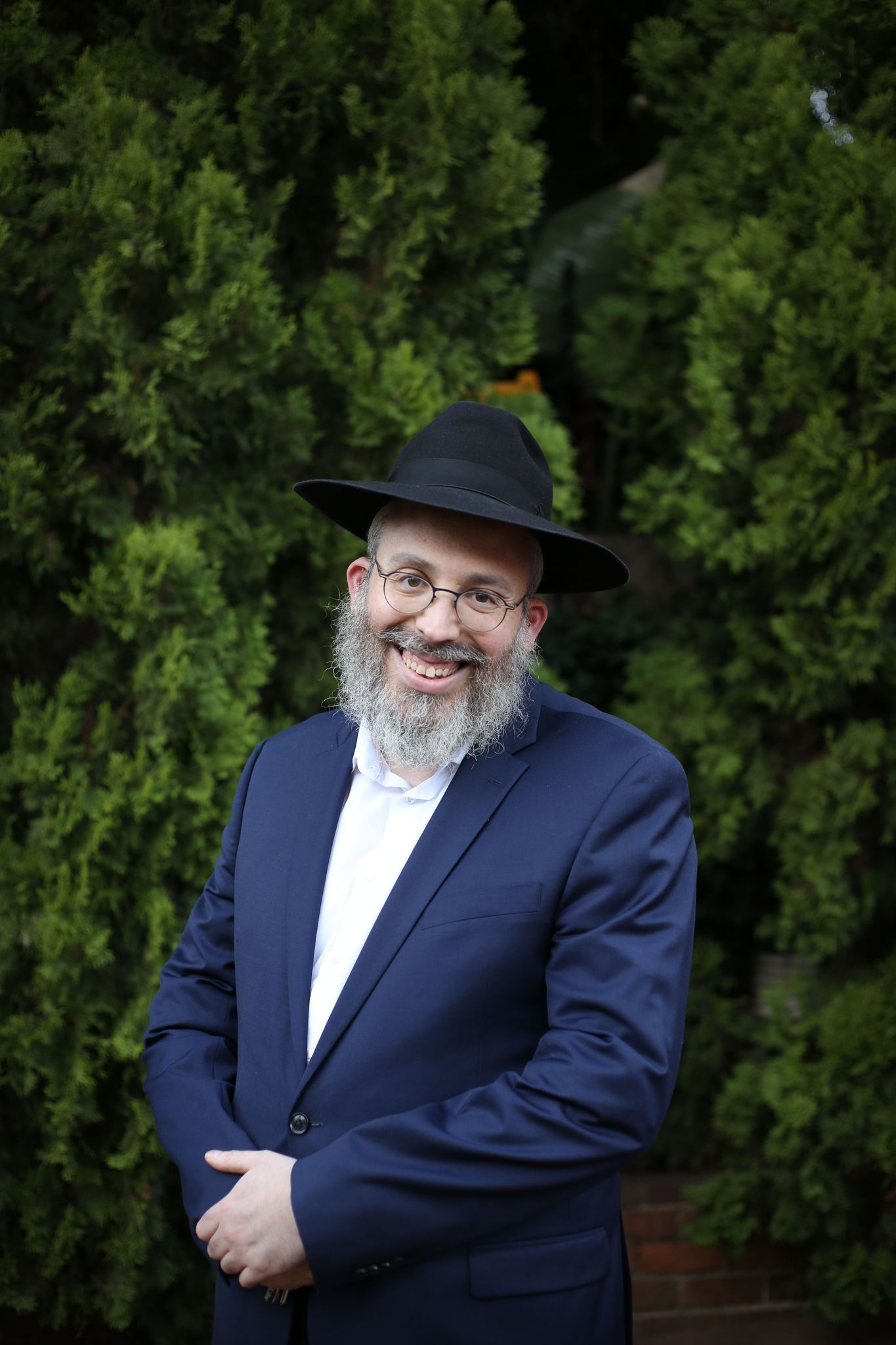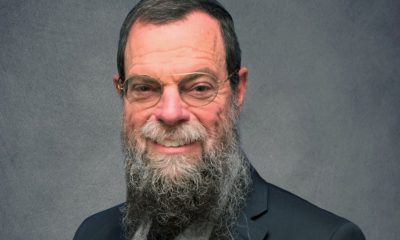
Religion

Death and taxes are certain, divine comfort is real
Whether it be the collective mourning of our nation on Tisha B’Av (Thursday, 27 July) and/or the pain that many in the South African community are feeling with recent tragedies, specifically the passing of a young father and husband, we’re all searching for comfort.
In my own journey with grief, the below letter, more than any other, offered me deep perspective and comfort.
First, some background:
A certain individual invited members of his community to a festive meal in his home on the holiday of Shavuot, when we commemorate the unsurpassable event of G-d giving us the Torah on Mt Sinai, to celebrate the completion of a Torah scroll which was scheduled to be presented to the synagogue in the days following the festival. In the course of the celebration, a young woman suddenly fell ill and died.
The distraught host wrote to the Lubavitcher Rebbe, posing the following three questions:
- How can it be that a mitzvah such as the writing of a Torah scroll should be the cause of such a tragedy?
- What should be done with the Sefer Torah?
- What lesson must he, the host, derive from the fact that something like this occurred in his home?
The Rebbe’s response:
- It’s impossible for man, a finite creature, to comprehend all the reasons of the infinite Creator. Indeed, we’d have no way of knowing even some of G-d’s reasons were it not for the fact that G-d Himself told us to seek them out in His holy Torah (Torah meaning “instruction”).
- According to the Torah, it cannot be that anything negative should result from any of G-d’s mitzvot (including your Torah scroll). On the contrary, these protect against evil and prevent it.
- Every individual has been granted a set number of years of life on earth. It’s only in extreme cases that one’s deeds can lengthen or shorten it – with some terrible sin, etc, G-d forbid!
- Based on 1, 2, and 3 above, one can perhaps venture to say that had the departed one, peace be to her, not been invited to the Sefer Torah celebration, she would have found herself, at the onset of her attack, in completely different surroundings: on the street, or, in any case, in the company of strangers; without the presence of a doctor who is both a friend and a person of faith; without hearing, in her final moments, words of encouragement and seeing the faces of friends. Can one imagine the difference between the two possibilities?
- According to the teaching of the Baal Shem Tov that every event and its every detail is by divine providence, it’s possible that one of the true reasons that Mr Z, the host, was inspired from above to donate the Torah scroll was in order that, ultimately, the ascent of the young woman’s soul should be accompanied with an inner tranquillity, occurring in a Jewish home, a home whose symbol and protection is the mezuzah, which opens with the words, “Hear O Israel, G-d is our G-d, G-d is one.”
(Regarding what to do about the Torah scroll) – It should be brought into the synagogue in conjunction with the shloshim (30-day period of mourning) from the young woman’s funeral, even if the official presentation will be held on a later date.
(Regarding the lessons derived from this) – Obviously, you and your wife, may you live, have many merits. Without having sought it, you had been granted the opportunity from above for a mitzvah of the highest order: first, to ease the final moments of a fellow human being; second, to take care of a met mitzvah (a dead body with no-one to care for it) until the ambulance arrived. The extreme merit of the latter can be derived from the fact that Torah law obligates a kohen gadol, on Yom Kippur, to leave the Holy of Holies to take care of a met mitzvah(!)
Such special merit comes with special obligations. In your case, these would include explaining the above to those who might have questions identical or similar to those posed in your letter until they see the event in its true light: a tremendous instance of divine providence.
What a letter! Each point is mind-bending and transformative. Here are some thoughts.
- Trying to understand G-d’s ways is impossible. A baby cannot understand Einstein, or even their parent for that matter – and we expect to understand G-d’s ways? While we mourn and grieve when confronted with loss, we also take deep comfort in knowing that the all-knowing Creator is carrying us.
- We all have a number of years that we are allocated before we enter this world. G-d rarely changes that allotted time. No-one dies “prematurely”, “too soon”, or in an “untimely” way. We don’t die a minute before our contract is up. Yes, “in extreme cases”, we can alter it, but that’s the exception not the rule.
It’s this idea, which some might find hard to palate, that offered me the deepest comfort when losing my father and in facing pastoral duties in the face of grief. There is a plan, a design, and a designer.
- Yes, we pray for the best possible scenario based on our perspective of what we think the best is, but we live with faith knowing that G-d knows what’s ultimately best. It’s quite a paradox. Whoever said faith was simple or simplistic?
- What seemed like a tragic event with bad energy and terrible guilt can be transformed into a whole different event if we uplift our perspective. This letter reminds us how a great leader can reframe even the most obviously stark tragedies into a narrative of love and upliftment.
- Free choice is how we choose to react to the events of our lives. While the number of years might be pre-destined, free-will allows us to fill those days with perspective, emotions, and behaviours that enrich the lives of those around us and bring this world closer to its g-dly ideal.
As long as we live in this pre-Moshiach world – may it end soon – we’ll encounter pain and tragedy. From the days of Adam and Eve until the time of redemption, death, (and taxes) are certainties of life. I hope this letter can guide our trek through the valleys and shadows.
- Rabbi Levi Avtzon is the rabbi at Linksfield Shul.










